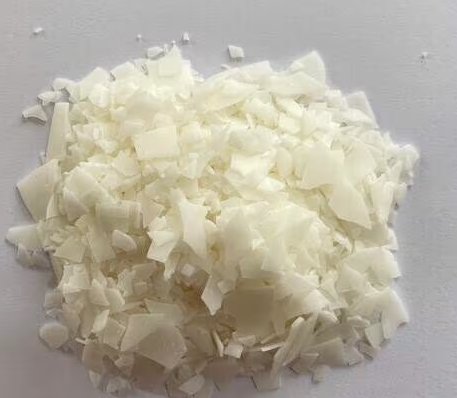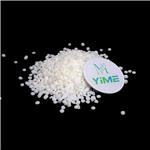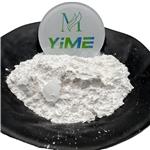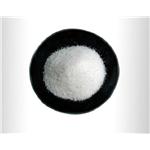Chemical Properties
Glycerol monostearate is an organic molecule used as an emulsifier. GMS is a white, odorless, and sweet-tasting flaky powder that is hygroscopic. It is a glycerol ester of stearic acid. It occurs naturally in the body as a by-product of the breakdown of fats, and is also found in fatty foods.
Uses
Glycerol Monostearate is a food additive used as a thickening, emulsifying, anti-caking, and preservative agent; an emulsifying agent for oils, waxes, and solvents; a protective coating for hygroscopic powders; a solidifier and control release agent in pharmaceuticals; and a resin lubricant. It is also used in cosmetics and hair care products.
Side effects
The U.S. Food and Drug Administration (FDA) labels GMS as generally safe. However, inhaling pure glycerol monostearate is toxic and it may irritate the skin, eyes and respiratory and digestive tracts.
Although it is generally safe, overusing glycerol monostearate may cause side effects. Because it draws fluid from the brain and eyes into the muscles and other parts of the body, excessive amounts of GMS may cause headaches or blurred vision. Some other side effects of glycerol may include: Excessive thirst, Diarrhea, Vomiting, Dizziness Allergic Reactions, Bloating, Stomach pain, Inflammation in the GI tract, Increases Cholesterol Levels (when consumed in excessive), Muscle Cramps (when consumed in excess).
emulsifier
Glycerol monostearate (a polar, amphiphilic molecule), commonly known as GMS, is the glycerol ester of stearic acid. It is commonly used as an emulsifier in foods that helps fat and water stay together. It prevents the formation of fat bloom on confectionery and truffles. It applies to all types of products with water content and is particularly recommended for use in water-fat mixtures. It prevents ice creams from drying out or being too sweet.





